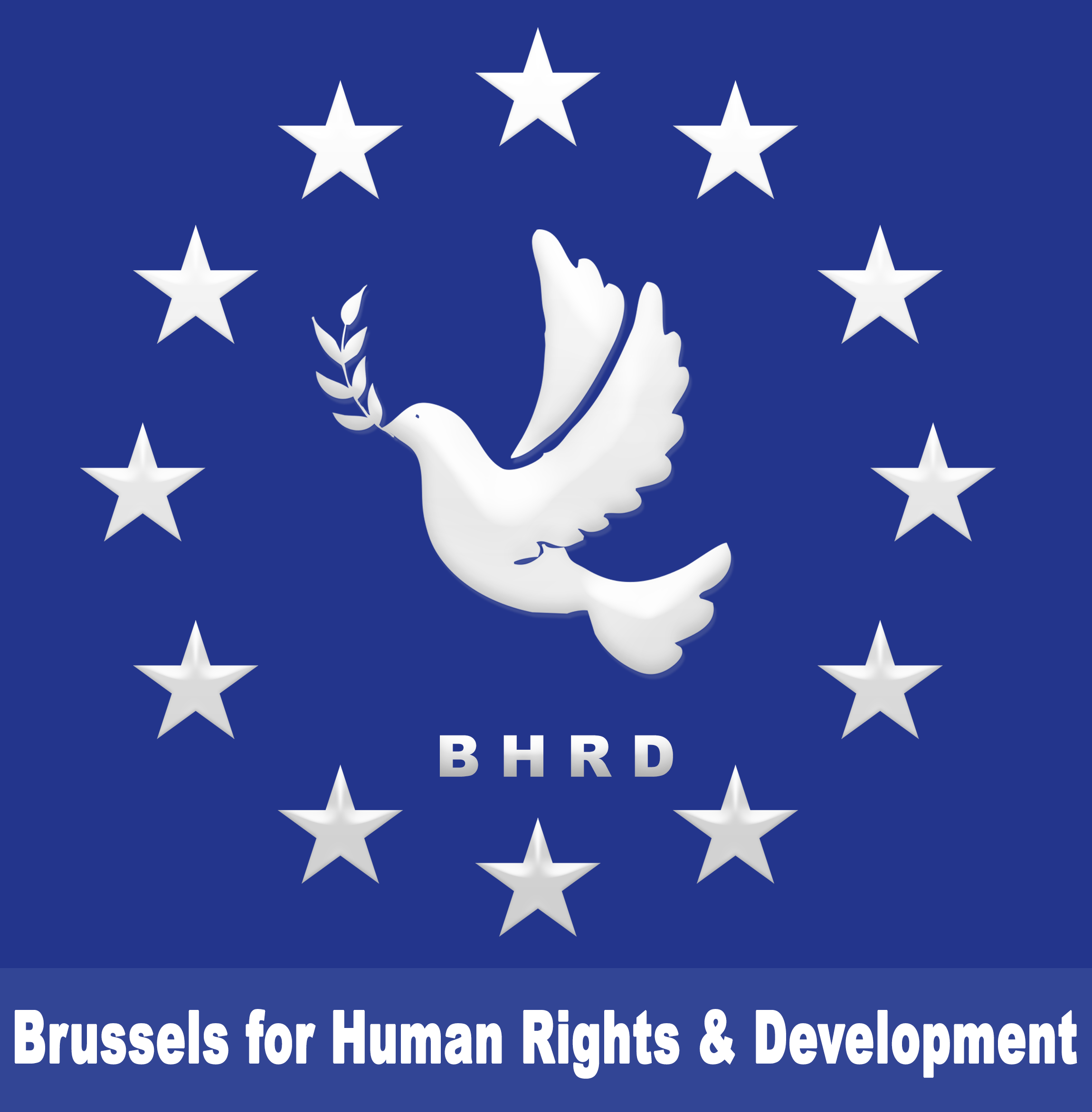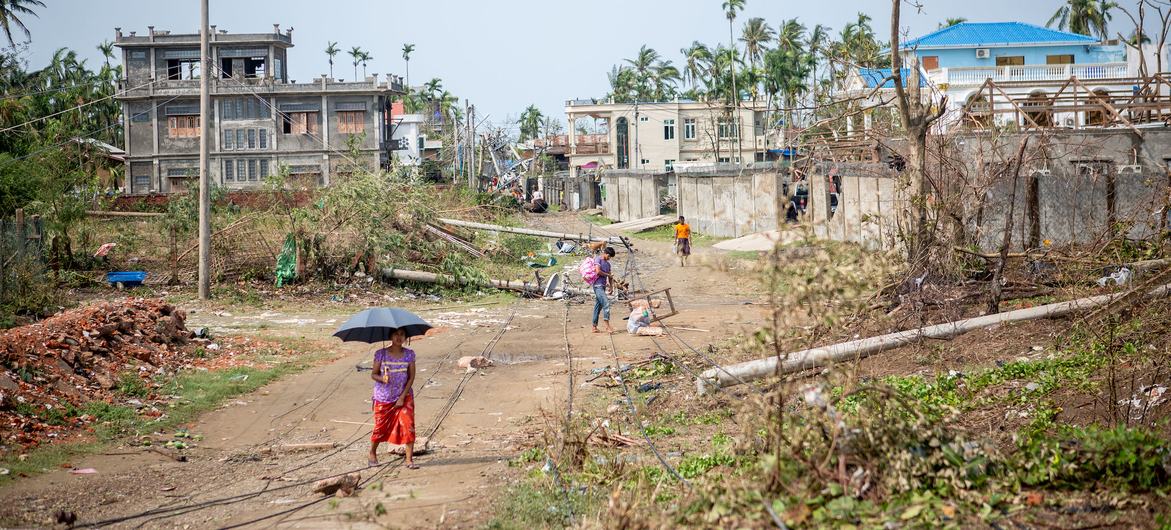The children of Myanmar are facing an unprecedented crisis, caught in the escalating violence of a deepening conflict, extreme weather events, and a collapsing humanitarian system, according to a report by UNICEF. Speaking on Thursday, UNICEF Deputy Executive Director Ted Chaiban issued a pressing plea for international action, calling the situation “dire” for the country’s youngest and most vulnerable.
A Crisis Deepening Since the Coup
Myanmar has been in turmoil since the military coup in February 2021, which has intensified fighting between military forces and ethnic armed groups. Heavy artillery, airstrikes, and widespread violence have left civilians, particularly children, in extreme danger.
UNICEF reports that at least 650 children have been killed or maimed in 2024 alone. The use of deadly weapons in civilian areas—such as homes, schools, and hospitals—has eradicated safe spaces for children, depriving them of their basic rights to safety and security.
Displacement and Tragedy
Over 3.4 million people have been displaced nationwide, with children accounting for nearly 40% of this figure. In a harrowing incident on November 15, a strike on a church compound in Kachin State killed seven children and two adults as they played football.
Ted Chaiban, who recently visited conflict-affected areas in Kachin, highlighted the plight of children caught in these brutal circumstances:
“I saw firsthand how vulnerable children and other civilians are in conflict-affected areas,” he said, urging all parties to uphold international humanitarian law.
Climate and Aid Challenges
Adding to the devastation, Myanmar has faced severe climate events like Typhoon Yagi, which caused flooding and affected over a million people. Children in these areas are cut off from essential healthcare, education, and other critical services.
Efforts to deliver aid have been severely hindered by ongoing conflict, bureaucratic barriers, and infrastructure challenges. UNICEF’s 2024 humanitarian appeal is alarmingly underfunded, with less than 25% of its target met, even as the needs continue to rise.
Calls for International Action
UNICEF is urging all parties to protect civilians, ensure safe passage for those fleeing violence, and adhere to international humanitarian law. It has also called on the international community to intensify support through funding, advocacy, and solidarity.
“The cost of inaction is far too high. Myanmar’s children cannot afford to wait,” emphasized Mr. Chaiban.
UN Special Rapporteur Tom Andrews added his voice, urging stronger enforcement of sanctions and coordinated international efforts to pressure those responsible for the crisis.
UNICEF’s Commitment
Despite the immense challenges, UNICEF remains committed to delivering lifesaving services, including health, nutrition, and education, particularly in frontline and hard-to-reach areas. The organization continues to advocate for the safety and well-being of Myanmar’s children, determined to address one of the world’s most pressing humanitarian crises.
For more information, visit the UN News article on UNICEF’s efforts in Myanmar


 العربية
العربية
